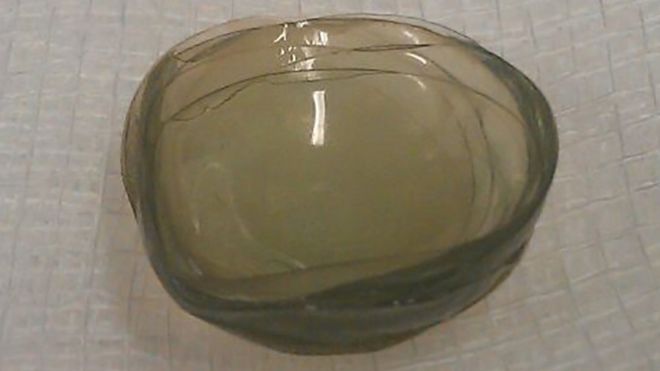
Surgeons have removed 27 contact lenses from the eye of a 67-year-old woman who had come to Solihull Hospital for routine cataract surgery.
“A bluish foreign body” turned out to be a “hard mass” of 17 lenses stuck together with mucus, and 10 more were then found under further examination.
A report in the BMJ said she had worn disposable lenses for 35 years, and had not complained of any irritation.
But after they were removed, she said her eyes felt a lot more comfortable.
‘Shocked’
Specialist trainee in ophthalmology Rupal Morjaria told Optometry Today: “None of us have ever seen this before.
“It was such a large mass. All the 17 contact lenses were stuck together.
“We were really surprised that the patient didn’t notice it because it would cause quite a lot of irritation while it was sitting there.
“She was quite shocked. She thought her previous discomfort was just part of old age and dry eye.”
‘Hiding’
The case report said the patient had poorer vision in her right eye and deep-set eyes, which may have been a factor in the lenses becoming lost.
Association of Optometrists spokeswoman Ceri Smith-Jaynes said losing contact lenses in the eye was a common problem but they usually worked their way out.
“They are normally hiding, folded up under the top lid of the eye,” she said.
“They can’t go any further up than that because there is a pocket.
“It’s the same under the bottom lid – the lens can only be in one of those places.”
She said it was important to see an optometrist or optician regularly to avoid any issues when using contact lenses.
Top tips for contact lens wearers:
- Don’t wear your lenses for longer than you have been told to, and not for more than 16 hours in a day – you should never sleep in them, unless specifically designed for wearing overnight
- Wash and dry your hands thoroughly before putting anything in your eye
- Never apply eye make-up before putting in contact lenses
- Don’t go swimming when wearing contact lenses
- Replace your contact lens case regularly to reduce the risk of infection
- If you spot any signs of redness, pain or loss of vision, consult your optometrist or optician immediately
- Make sure you go for regular check-ups
- If in doubt, take them out
